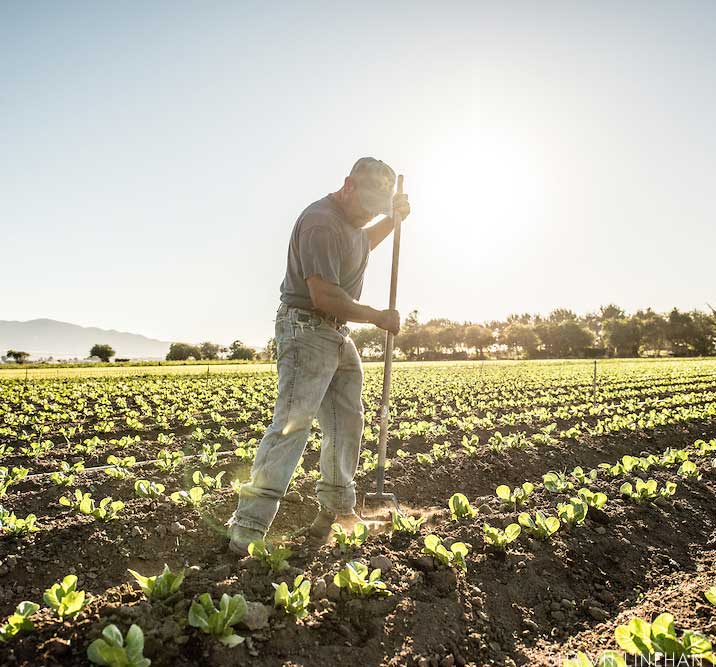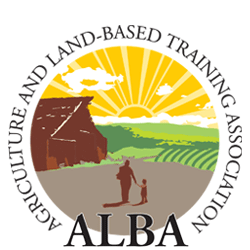ALBA’s Farmer Education and Enterprise Development (FEED) project develops the organic farming skills of immigrant farmworkers to support a more equitable and environmentally sustainable agriculture sector. The project leverages ALBA’s experienced bilingual staff, a proven consortium of farm service providers and a 100-acre organic farm training facility in the Salinas Valley.
Each year, some 75 limited-resource farmers gain affordable access to education, land, farming equipment and technical assistance. Through hands-on, land-based learning, they develop organic production and business management skills to pursue the dream of farm ownership or find better jobs. FEED has 2 components over five years: PEPA, and the Organic Farm Incubator, described below.
Farmer Education
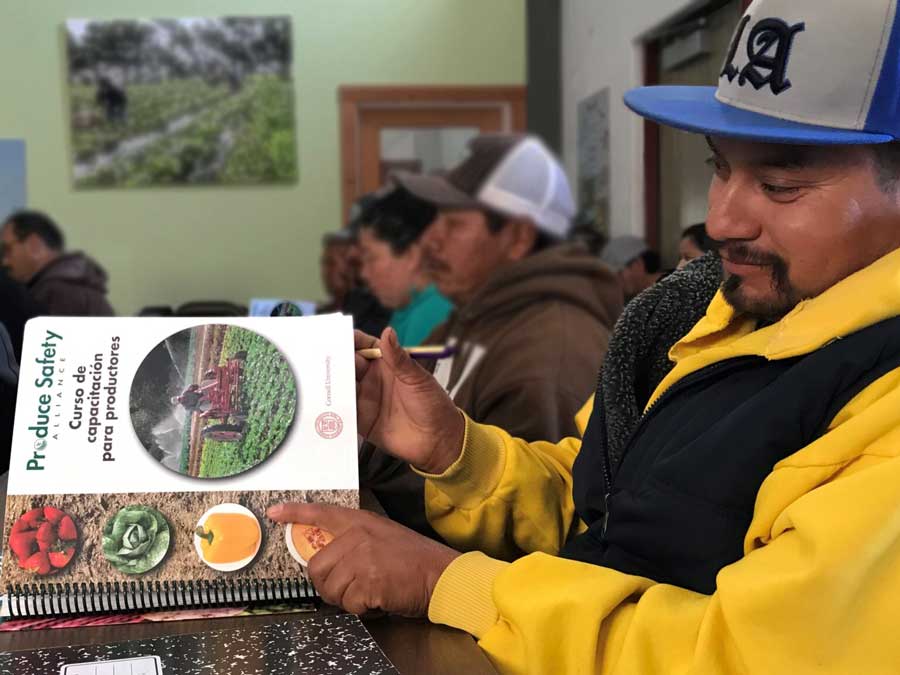
The Farmer Education Course (PEPA) offers participants on-farm education on organic farming practices and farm business management. Each year, aspiring farmers and agriculture professionals enroll in the 1-year, 250-hour course which uses both classroom and field training to prepare participants for launching and operating an organic vegetable and strawberry farm.
The course is split into 5, 8-week modules on soil health and crop planning, business planning, marketing, and organic production. The final module takes them through a ‘boot camp’ for farmers readying to launch their own farm which involves business plan development and coaching by staff and partners.
Organic Farm Incubator (OFI)
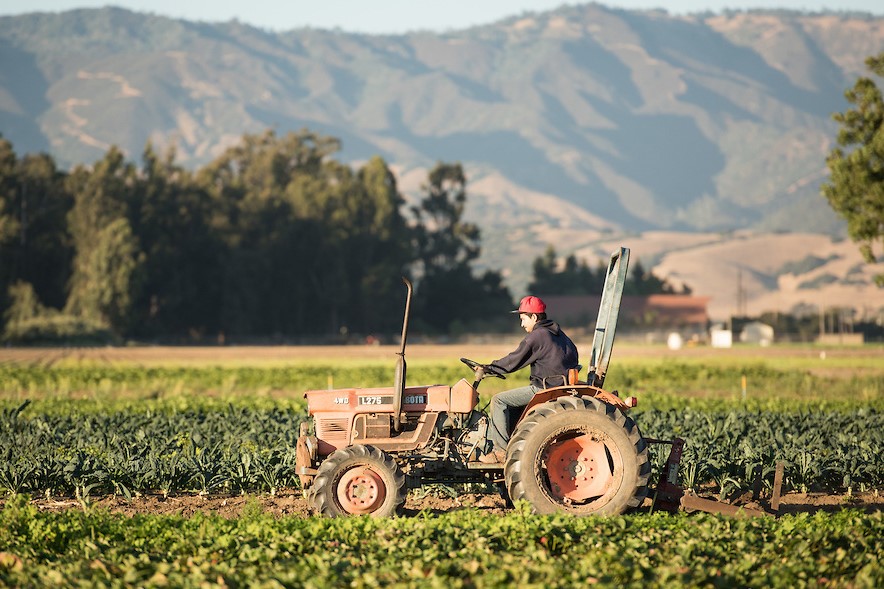
Graduates of PEPA may enter the Organic Farm Incubator and launch their own farm on ALBA’s land. In any given year, ALBA leases over 80 acres of farmland to 36 to 40 start-up organic farms, of which 10 to 15 are newly launched. Land and equipment are offered at subsidized prices, set at 20% of market price in the first year, rising to 80% in the fourth and final year. Starting on 1/2 acre, farms expand up to five acres over four years before they transition from ALBA to continue farming independently.
Technical assistance from staff and partners, however, is provided at no charge while in the incubator. On a daily basis, ALBA’s experienced staff provides farmers guidance on production, management and compliance issues to help nascent farm enterprises establish themselves in a highly competitive environment.
Workforce Development
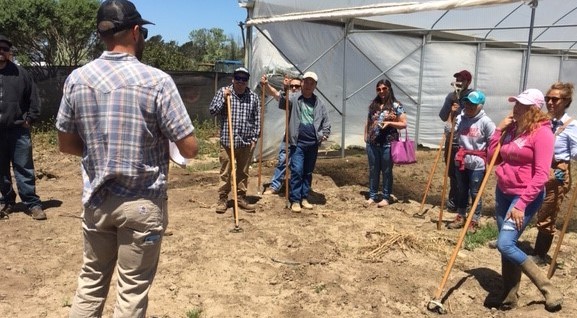
ALBA is known for incubating organic family farms, but the program may have a greater impact on the workforce. In a typical class, 35 participants complete at least one module of PEPA, and 20 graduates complete all 5 modules. Twelve go on to launch a farm at ALBA, of whom 5 are establish viable farm enterprises. Therefore, only about 15% of ALBA participants end up farming independently with the majority using the experience to secure better employment or to earn college credit for students of Hartnell community college while providing valuable on-farm experience and career exposure.
In the Community
ALBA has its hands full training farmers, but we also contribute on several community initiatives to give the community better access to food and on-farm education.

Market Match
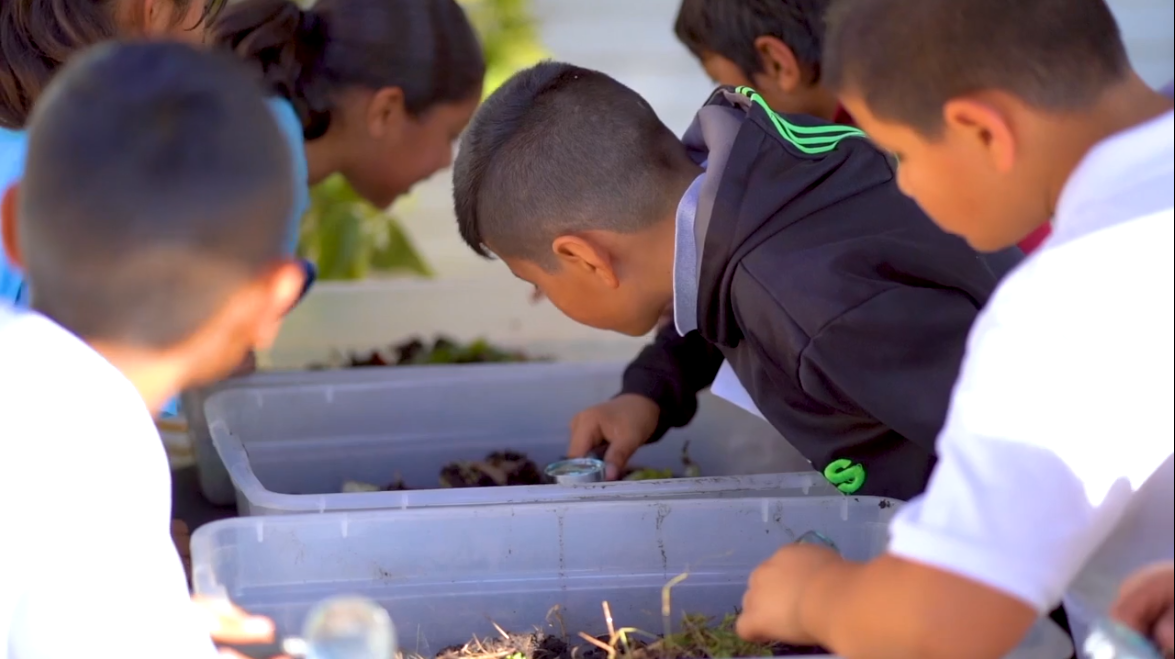
The Food, Land, Water Project

Family Farm Day
